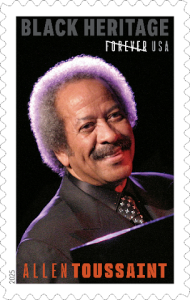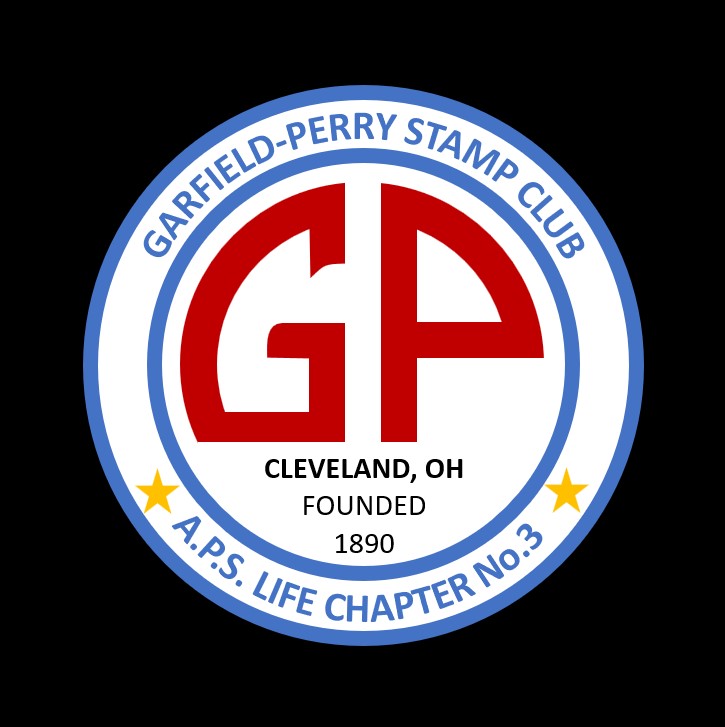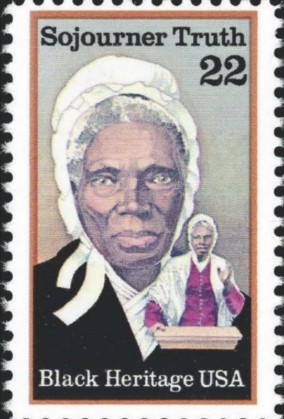By Dennis Sadowski
Sojourner Truth, one of the 19th century’s most vocal advocates for women’s rights and abolishing slavery, gave what is recognized as her most prominent address in Akron on May 29, 1851.
The speech – widely known as “Ain’t I a Woman?” – was given to attendees of the Ohio Women’s Rights Convention gathered at the city’s Universalist Old Stone Church.
But is that popular version of the speech really what Truth spoke?
The Sojourner Truth Project – thesojournertruthproject.com – maintains it is not.
Instead, the open-source website identifies the popular version of the speech as one actually rendered by Frances Dana Barker Gage, a social reformer, feminist and abolitionist who worked with Susan B. Anthony and Elizabeth Cady Stanton. Gage’s rendering was published in the New York Independent newspaper on April 23, 1863, during the height of the Civil War.
Citing the work of retired Princeton University historian Nell Irvin Painter, the project describes Gage’s interpretation as a “gross misrepresentation” of Truth’s “words and identity.” Gage’s work not only changed all of Truth’s words “but chose to represent Sojourner in a stereotypical ‘southern black slave accent’, rather than in Sojourner’s distinct upper New York State Low-Dutch accent,” the project website says.
Painter’s work points to the earliest transcription of Truth’s speech – the one considered by historians to be the most accurate account – published on June 21, 1851, by Marius Robinson in the “Anti-Slavery Bugle” in eastern Ohio.
Robinson and Truth were friends and documentation has shown that both reviewed his transcription before it was published, the project said. Robinson’s article can be found on the Library of Congress website at tinyurl.com/4492nv84.
The abolitionist newspaper was published from June 20, 1845, to May 4, 1861, first in New-Lisbon (now Lisbon) and then in Salem. Its motto: “No Union with Slaveholders.”
The Sojourner Truth Project was developed by Leslie Podell, a student at California College of the Arts in San Francisco. It is dedicated to sharing the original transcription of the speech and “Sojourner’s authentic voice.”
A reading of Truth’s speech reveals that it was quite short, a total of 22 sentences. Her address challenged stereotypical gender and race roles prevalent at the time.
Truth was born in 1797 as Isabella Baumfree. She was enslaved in New York until escaping in 1826. History shows that the following year she filed a lawsuit that led to the return of her illegally enslaved son.
In 1843 she changed her name to Sojourner Truth and dedicated her life to traveling the country and preaching about civil and women’s rights. She died in 1883.
While the church where Truth spoke no longer exists, community leaders in Akron last May dedicated the Sojourner Truth Legacy Plaza to her memory adjacent to the church site on North High Street. It was developed to memorialize Black history.
The U.S. Postal Service honored Truth on Feb. 4, 1986, with a 22-cent stamp in the long-running Black Heritage series. It depicts a portrait of Truth wearing a traditional bonnet in the background and in the foreground a smaller image of her at a pulpit.
The stamp series that began in 1978 continued Jan. 30 on the eve of Black History Month in New Orleans with the dedication of a stamp commemorating jazz musician Allen Toussaint.

Meanwhile, Canada Post also has marked Black History Month with its own series of stamps. This year’s issue honors Marie Joseph Angelique, a 29-year-old enslaved woman accused of setting her owner’s home on fire on April 10, 1734, burning much of what today is known as Old Montreal. She denied wrongdoing, but at trial was found guilty, sentenced to death and then tortured until confessing. She was hanged on June 21, 1734.

Canada Post’s media release on the stamp said that even though scholars today hold mixed opinions about Angelique’s guilt or innocence, her story continues to fuel conversations about racial equality, justice and the importance of acknowledging the complexities of Canada’s past.
Sadowski can be reached at sadowski.dennis@gmail.com.


